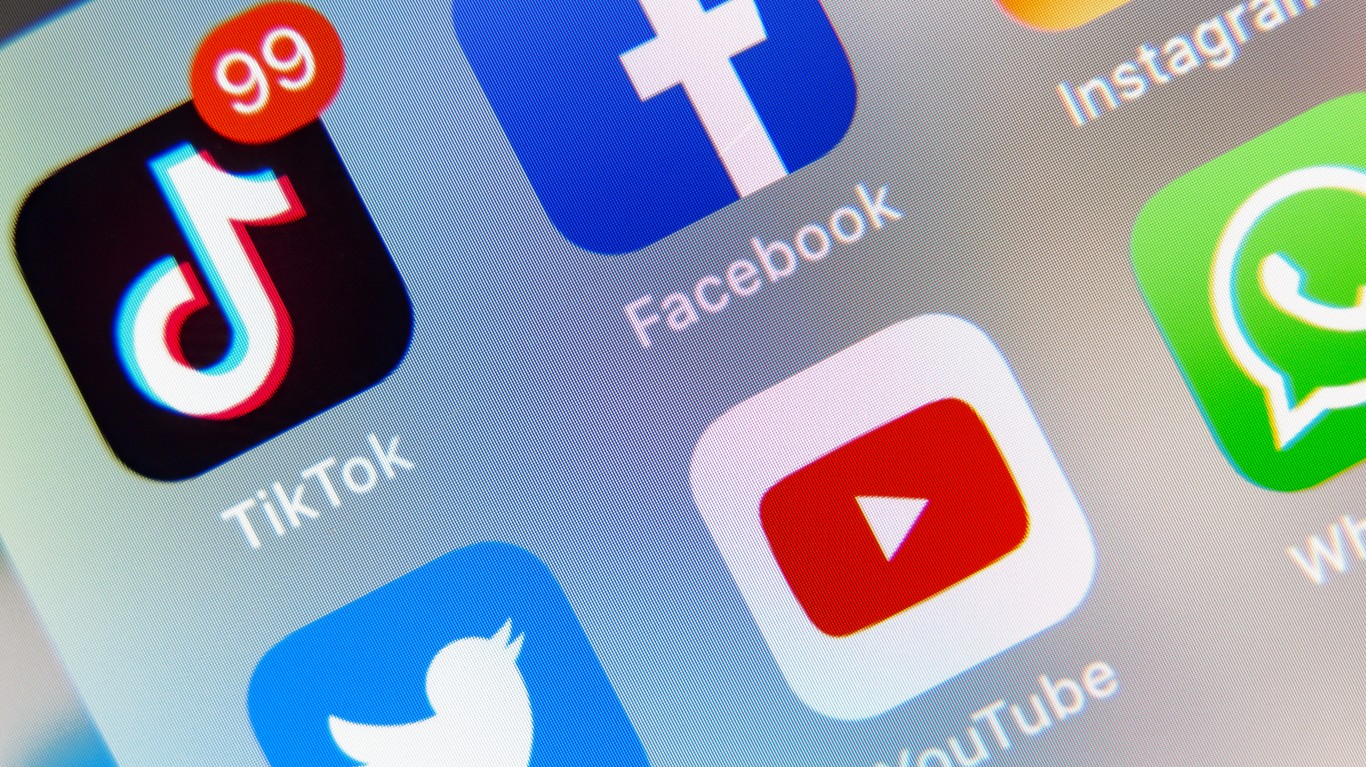Technology
What's Up With Apple: Mail Privacy, Another Jab at Facebook and More

Published:

The introduction of a new iPhone operating system, iOS 15, at Apple Inc.’s (NASDAQ: AAPL) Worldwide Developer Conference is, to some Apple watchers, designed to tighten the company’s grip on the company’s customers.
The introduction of a Mail Privacy Protection program, for example, limits the amount of data email senders can collect about you. When iOS 15 is released later this year, you’ll be given the opportunity to prevent senders from knowing that you’ve opened an email and your IP address will be withheld so it can’t be linked to your online travels or used to fix your location.
While that’s good for you and bad for spammers, it also may prevent legitimate businesses from building an email-based audience. Casey Newton, writing for The Verge, explains how this happens. But if only Apple has access to data related to your activity, and thereby reducing an email newsletter’s ability to grow revenue, that newsletter eventually may be forced into Apple’s ecosystem, building apps, offering in-app purchases and selling advertising at the App Store.
This is not the only possible outcome, of course, but Newton’s warning is worth considering:
It’s sometimes said that Amazon’s ultimate goal is to take a cut of all economic activity. Looking at Apple’s privacy moves this week, I’m mostly willing to take them at face value — as a necessary counter-balance to the inexorable rise of tracking technologies around the web. But it also seems clear that the value to Apple goes far beyond customer satisfaction — and as its revenues from ads and in-app purchases grow, we’d do well to keep an eye on how its policies are gradually reshaping the economy.
The introduction of iCloud+ takes aim at spam emails by letting you generate random email addresses when you fill out an online form or sign up for a website.
Apple’s stronger privacy moves also threaten to broaden its thrusts at Facebook. Being able to make FaceTime video calls with Android and Windows users, the new SharePlay feature, and wider sharing within iMessage take direct aim at Facebook’s social features. According to an article at CNBC:
Apple is laying the groundwork for a suite of social features designed to let you do a lot of what you would normally do on Instagram and Facebook, only with more emphasis on privacy. Think of it as a watered-down social network without all the bloat and annoying stuff you find in other apps.
The U.S. Senate on Monday passed the U.S. Innovation and Competition Act, allocating $250 billion in government spending on tech R&D and earmarking more than $50 billion to raise U.S. production of semiconductors. The legislation now goes to the House of Representatives, where it is likely to be changed and returned to the Senate. Yet, Senate passage, by a bipartisan vote of 68 to 32, is a promising sign.
Thank you for reading! Have some feedback for us?
Contact the 24/7 Wall St. editorial team.